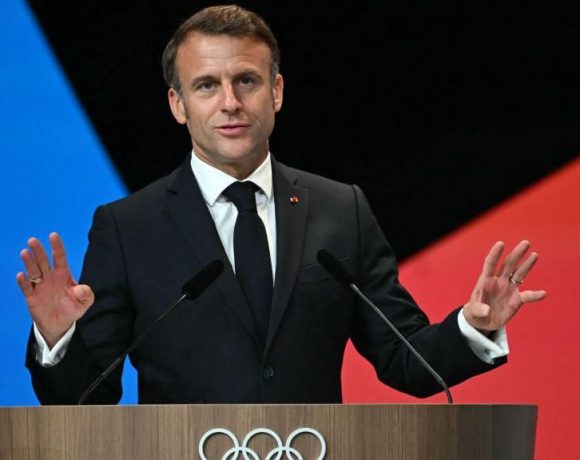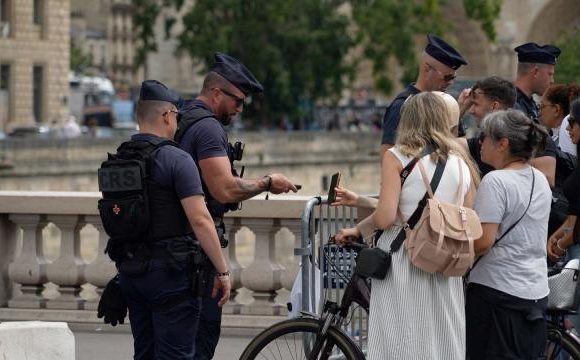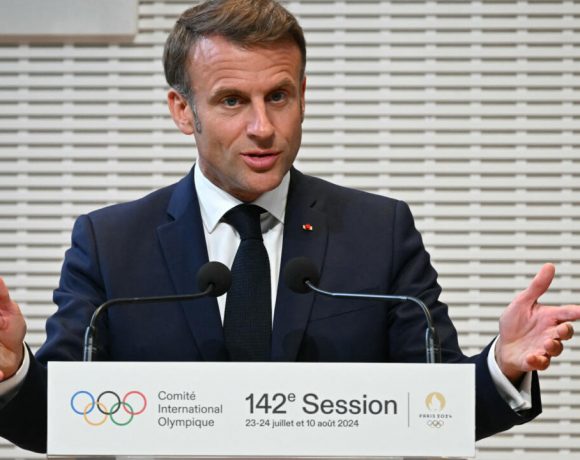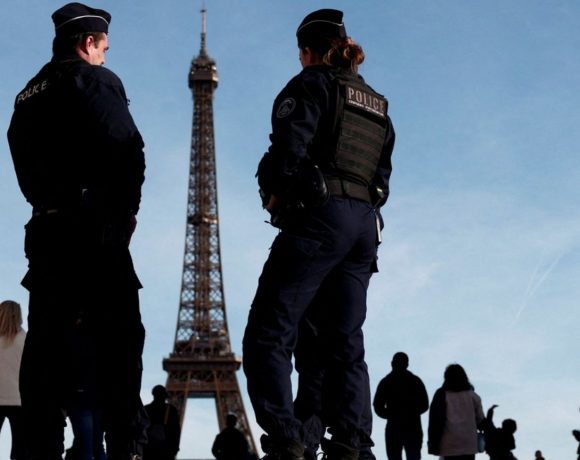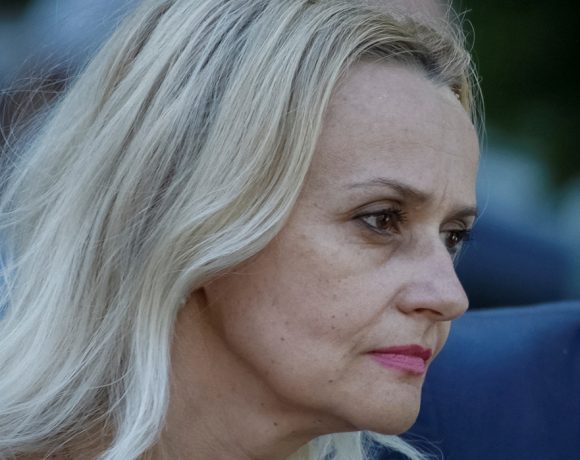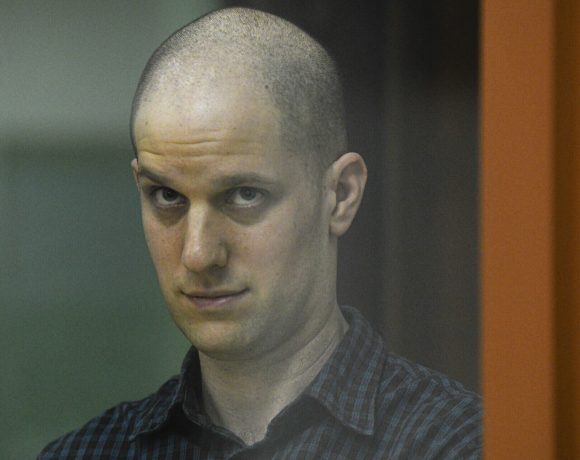
Reports indicate that several athletes have raised concerns about a shortage of food at the Olympic Village in Paris. Complaints have centered on a perceived lack of availability of specific items, such as eggs, which were rationed at breakfast on Wednesday, and grilled meats, as noted by the French newspaper L’Équipe.
Sodexo Live!, the official catering partner for the Olympic Village, acknowledged the “very high demand” for certain food items and assured that “volumes will be increased” to meet the athletes’ needs. The Olympic Village is scheduled to serve around 13 million meals throughout the Games, with a daily total of 40,000 meals.
The Carrefour group, responsible for supplying fresh produce to the Olympic Village, confirmed that the quantities of food planned will be revised upwards to accommodate the high demand. Feeding approximately 15,000 athletes from 208 countries is a massive undertaking, with the total meals served over the 30 days of the Olympics and Paralympics equating to what is provided at 10 football World Cups.
The Olympic Village features six main dining areas offering French, Asian, Afro-Caribbean, and global cuisine, with 500 different recipes to suit various tastes. The food service is governed by a strict quality charter designed to halve the carbon footprint of meals compared to London 2012. To achieve this, a quarter of all ingredients are sourced from within a 250km radius of Paris, 20% are certified organic, and all meat, milk, and eggs are from French sources. Additionally, a third of the food is plant-based. The Village also has 200 water, juice, and soda fountains, with only reusable cups and crockery being used.
Picture Courtesy: Google/images are subject to copyright

